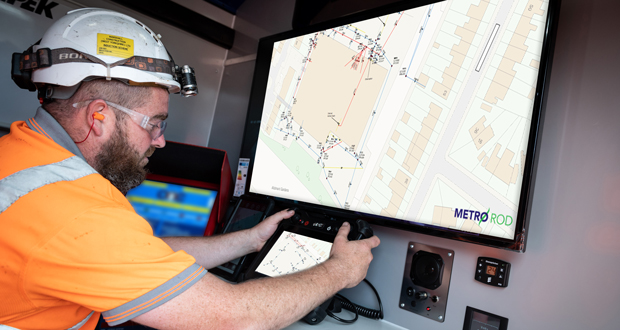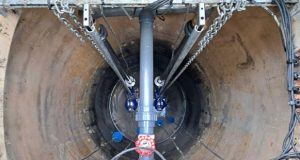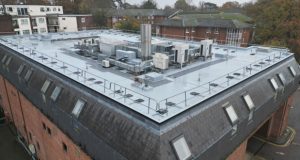Facilities Management (FM) companies have a responsibility to comply with various laws and regulations regarding the properties they manage. Section 111 of the Water Industry Act 1991 is one such regulation that directs FM companies to prevent water pollution from their properties. This requires them to ensure that water discharge from sites such as car parks, industrial units, and commercial premises does not cause pollution. Failure to comply with this regulation can result in fines, legal action, and reputational damage.
Here are some steps FM companies can take to comply with Section 111:
- Conduct an Asset Map – conducting an asset or drain map is crucial to identify the location of drains beneath the site, their size, directional flow, and the type of liquid they carry. This map can help to identify where the drains are and where they discharge to, which provides you with essential insight for preventing water pollution and flooding.
- Car Park Maintenance – FM companies should focus on car park maintenance, including interceptors, car park gullies, and ACO drain channels. These measures can help prevent pollution from car parks by catching oil and sediment before it enters the drain. Regular maintenance is necessary to ensure that they work effectively, in particular, interceptors and car park gullies should be emptied and maintained at least twice a year to prevent the risk of flooding and water pollution.
- Grease Management – Each commercial property that produces hot food should have a grease trap in place, and a plan to maintain the equipment. Typically, grease traps should be emptied every one to three months. Failure to empty grease traps and maintain the equipment can lead to sinks not draining, grease discharging into the water course and disruption to commercial kitchens.
- Sewage Pump Station Maintenance – Sewage pumps play an important role in compliance with section 111 by collecting and pumping sewage and other wastewater to treatment facilities and mainline sewers, preventing it from entering rivers, streams and other watercourses. Failure to maintain the pumps can lead to overflowing waste and expensive repairs. Worryingly more than 75% of businesses don’t get their pump station serviced at least once every six months*.
FM companies must take essential steps to comply with Section 111 of the Water Industry Act 1991 and other regulations. Failure to do so puts the environment at risk and the company at risk of fines, legal action and damaged reputation. Metro Rod has developed a pollution prevention plan to help FM companies understand their responsibilities, download the free whitepaper to find out more.
Metro Rod can support FM companies in implementing measures from asset mapping and car park maintenance to grease management and pump station maintenance. Providing all services under one roof with national coverage and over 500 engineers who are available within an hour’s drive of 85% of commercial properties in the UK.
For more information on improving and maintaining your drainage system, visit www.metrorod.co.uk
*based on research carried out by Metro Rod in June 2022.
-ends-
To have your industry news published in the pages of FMJ’s news section, Month in FM, and here online on fmj.co.uk, please send your news and image to Danny Grange danny.grange@kpmmedia.co.uk
The view or information contained within these unedited press releases, are that of the company producing it and not necessary the views of kpm.





